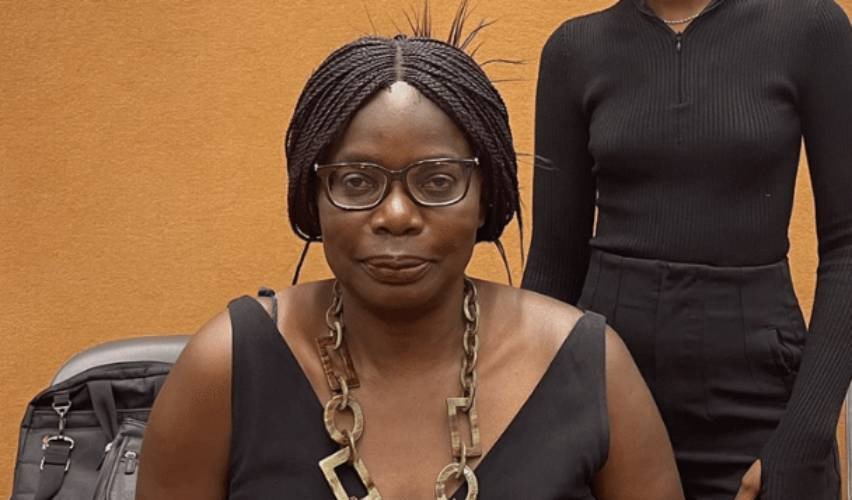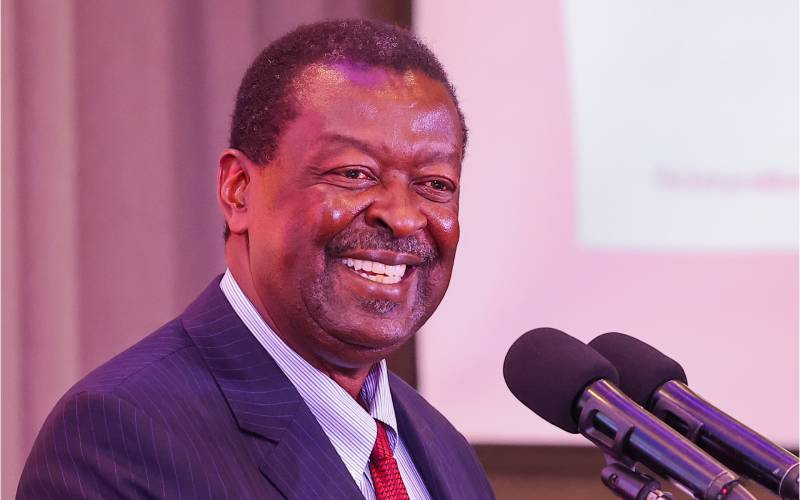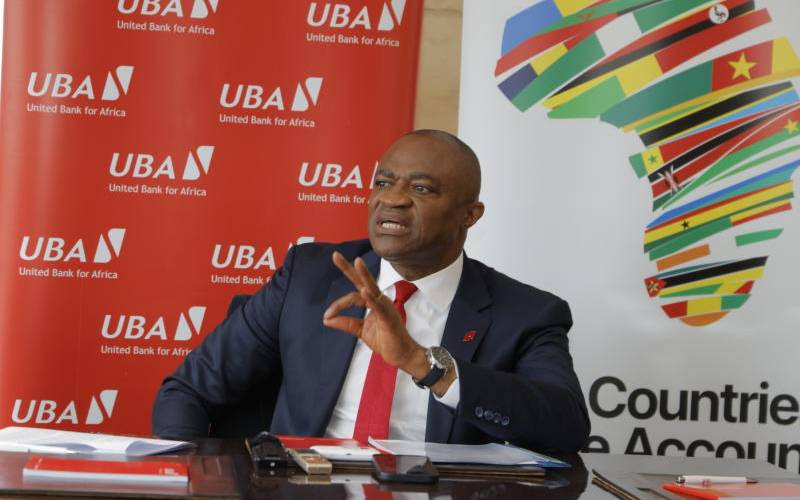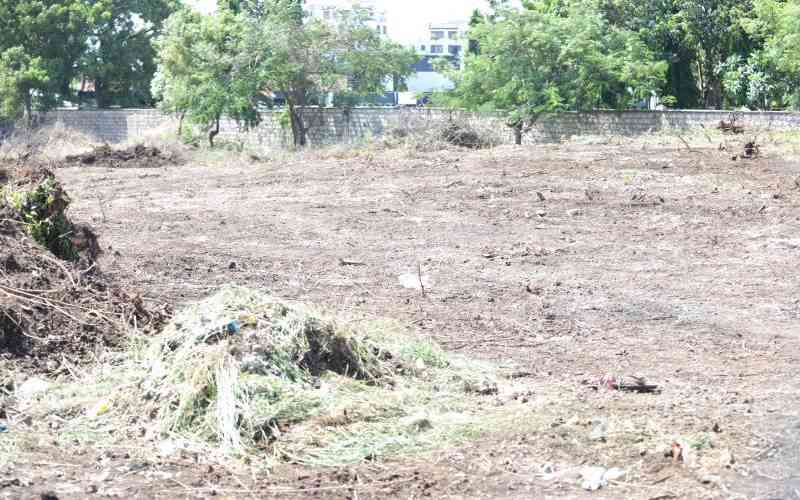
Kenya scored a historic diplomatic victory on Wednesday, November 19, after Professor Phoebe Okowa was elected the first woman judge of the International Court of Justice (ICJ), the United Nations’ highest judicial body.
The election marked Kenya’s first successful bid for a judge position at the ICJ, with Okowa receiving concurrent approval from the United Nations General Assembly and the United Nations Security Council.
“Kenya's candidate secured victory by a marked majority, reflecting broad confidence in her distinguished credentials, experience, integrity, and contribution to the field of international law,” said the Ministry of Foreign Affairs.
Kenya unveiled Okowa’s candidature in March, launching an intensive diplomatic campaign led by the country’s permanent mission at the UN. She succeeds Somali judge Abdulqawi Ahmed Yusuf, who resigned.
A life shaped by law and justice
Born in 1965 in the former Nyanza province, Okowa defied societal expectations for girls’ education to pursue a legal career.
She became the first woman to graduate with first-class honours from the University of Nairobi’s Faculty of Law in 1987, a performance that earned her a Foreign and Commonwealth Office Scholarship to Oxford University, where she completed her bachelor’s degree in Civil Law and later a Doctor of Philosophy.
Admitted to the Kenyan bar in 1990, Okowa has built a distinguished international career.
She has worked extensively in public international law, with a focus on environmental law, and has served as a legal advisor to Kenya and other countries, including Namibia, Sierra Leone, the Democratic Republic of Congo, and the Gambia, as well as to non-governmental organisations.
Speaking at Stockholm University last year when she received an honorary doctorate, Okowa reflected on childhood experiences witnessing her father navigate a land dispute.
“I grew up around land cases, going with my father to the land registry to consult lawyers on how they would get their family land back.
There was always a deep sense of frustration, so I have to say from that moment I was very much inculcated into the idea that law could both be an instrument of oppression but an instrument of social justice,” she said.
International recognition and academic influence
Okowa currently serves as Professor of Public International Law at Queen Mary University in London and was elected to the International Law Commission in 2021, the first woman to join the body since its founding in 1947.
Stay informed. Subscribe to our newsletter
She chairs the commission’s drafting committee, which shapes rules that bind UN member states.
Her teaching portfolio includes law faculties across the United Kingdom, Europe, and the Americas, including the universities of Bristol, Lille, Helsinki, Stockholm, and New York University School of Law.
During the ICJ elections, Okowa faced two competitors, including Sierra Leone’s Professor Charles Jalloh, and won after four rounds of voting.
Her election has drawn national acclaim, with Law Society of Kenya (LSK) President Faith Odhiambo calling it “an outstanding personal achievement and one that the LSK shares with great pride as we wish the good Professor all the best in this tour of service in advancing international justice."
At the same time, Deputy President Kithure Kindiki joined in celebrating her historic win.







